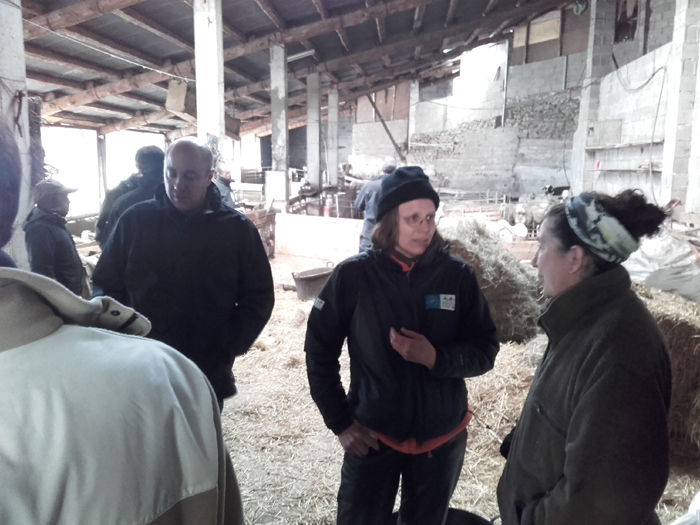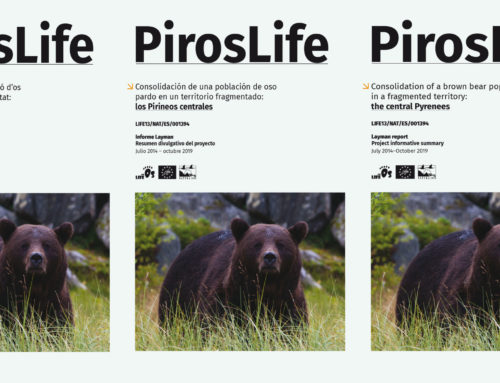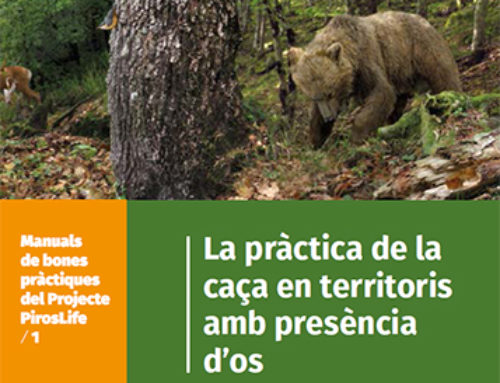They have visit livestock farms of the territory, tourism businesses and local councils of Pallars Sobirà and Vall d’Aran.
The PirosLife Project aims to improve the conservation status of an emblematic species creating a climate of knowledge, participation and coexistence.
Inspectors of the European Union (EU) have been from Wednesday to Friday in Catalonia to monitor the work and actions that are part of Project PirosLife, for the consolidation of a population of bears in the central Pyrenees, subsidized 75% by the EU. Beneficiaries partners are the Department of Territory and Sustainability of the Generalitat, the Conselh Generau d’Aran, Forestal Catalana, the University of Lleida and the Brown Bear Foundation.
Officials have reviewed all the administrative and financial documentation of actions taken since the beginning of the project, July 2014, and during 2015, at the headquarters of the Directorate General for Environmental Policy, in Barcelona.
They also visited livestock of farms sheep, goats, cattle and horses; tourism companies and environmental education; and city councils and decentralized municipal entities of the Vall Ferrera, Vall de Cardós and the Vall d’Àneu, in the Pallars Sobirà, and the Vall d’Aran. There they have found that the actions co-financed by the EU have been executed and has confirmed with farmers, pastoralists, mayors and local business people the activities that have developed in relation to coexistence with brown bears.
The project objectives
The PirosLife Project is working on a framework of dialogue and cooperation with people, organizations and institutions that make the development of this mountain territory possible. The actions envisaged aim to improve the conservation status of an emblematic species while generating a climate of knowledge, participation and coexistence. The objectives are:
- Improve prevention and minimize conflicts with livestock and beekeeping, and support these productive sectors.
- To involve the different sectors of the local natural environment, in designing policies to be undertaken in the coming years.
- To improve the perception of brown bears in the territory and exploit the potential of economic revitalization it can bring in mountain areas.
- Draw conclusions that may be useful in other similar projects and apply them to anywhere in Europe in the future.
- Promote the conservation of the brown bear, ensuring the conservation of the population and genetic variability, a manner compatible and integrated with the people living and socio-economic activities carried out in these mountainous areas of Pallars Sobirà and the Vall d’Aran.







